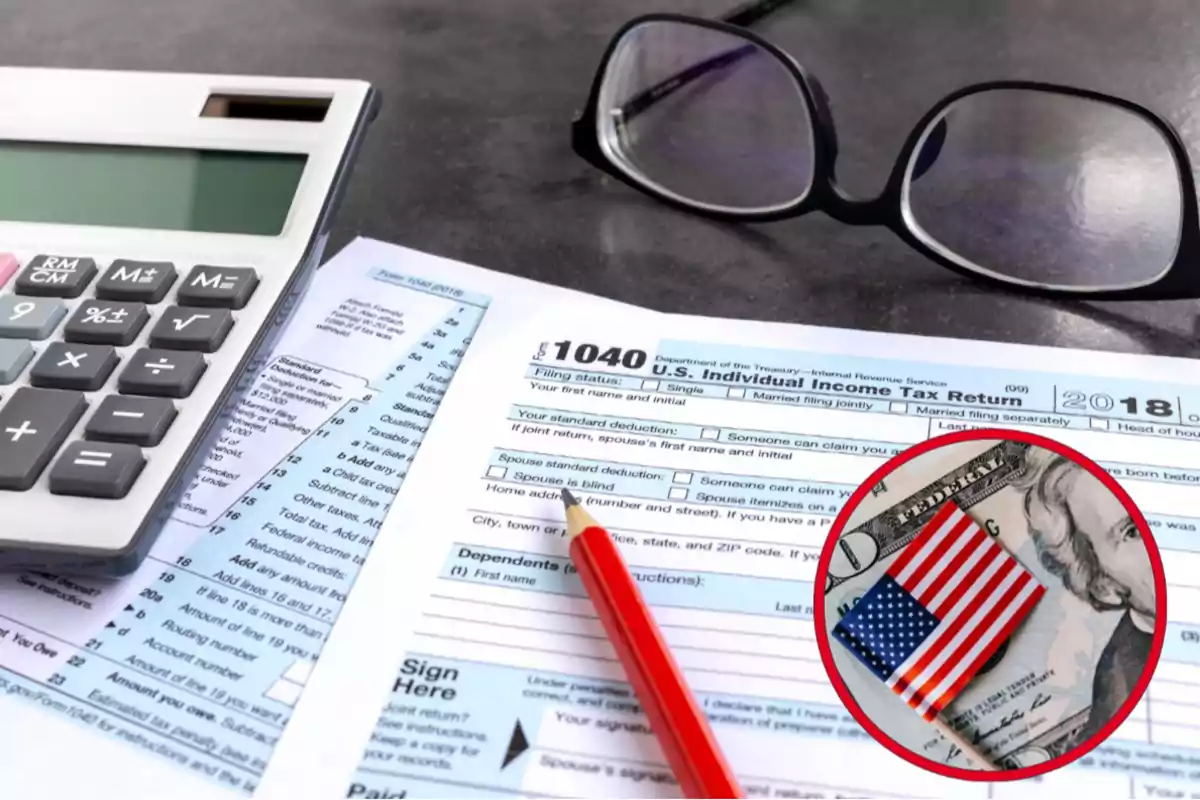The Social Security Administration (SSA) has decided to change the rules of the game. Starting in June, all new applicants and beneficiaries who want to modify their information will have to go through much stricter identity checks. The goal? To stop the fraud that has grown in recent years and protect the program's resources.
What's happening with Social Security?
SSA has seen a worrying increase in identity theft attempts. More people than ever have tried to trick the system to collect benefits they're not entitled to. This has made the agency change the way it works.
It will no longer be enough to do everything online or by phone. Now, many procedures will require the person to appear in person at a Social Security office, with original documents in hand.

Why are these measures being taken now?
The pandemic sped up the digitalization of many processes, including access to social benefits. But that same digitalization opened a door for scammers.
According to SSA, losses due to fraud reach $8 billion over the past decade. To put it in perspective, that amount is equal to what is paid in benefits to hundreds of thousands of retirees.
The agency wants to make sure every dollar goes to those who truly need it. That's why verification will be more rigorous. However, this change may bring complications for those who depend on these payments.
What do these changes mean for beneficiaries?
If you already receive benefits or want to apply for them, get ready to have to go to a local office to confirm your identity. This may mean delays. SSA promises speed, but the reality is that many offices face staff shortages and long lines.

For older people or those who have trouble getting around, this measure can be a real challenge. In addition, payment delays can affect those who rely on Social Security to cover basic expenses.
How to prepare for the change?
If you're a beneficiary or are thinking about applying for help, follow these steps to avoid problems:
- Check your online account in "my Social Security" and make sure your information matches your official documents.
- Gather original documents such as your passport, driver's license, or birth certificate. Also bring copies to make the process easier.
- Call your local office ahead of time to make an appointment and ask exactly which documents you'll need.
- Keep emails, receipts, and case numbers in case there are delays and you need to prove you met the deadlines.
If you can't get around, ask for help: SSA offers home visits and allows you to designate an authorized representative.

